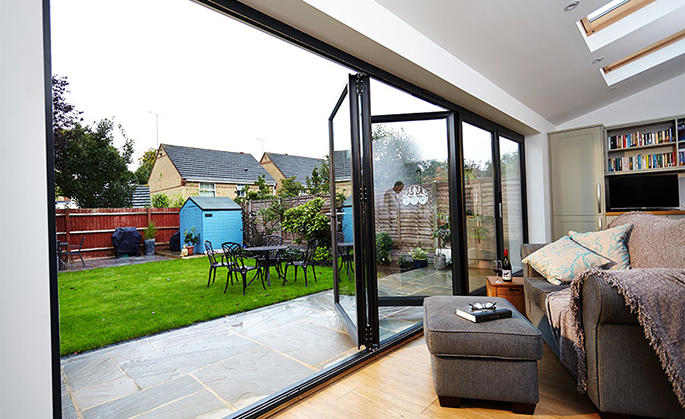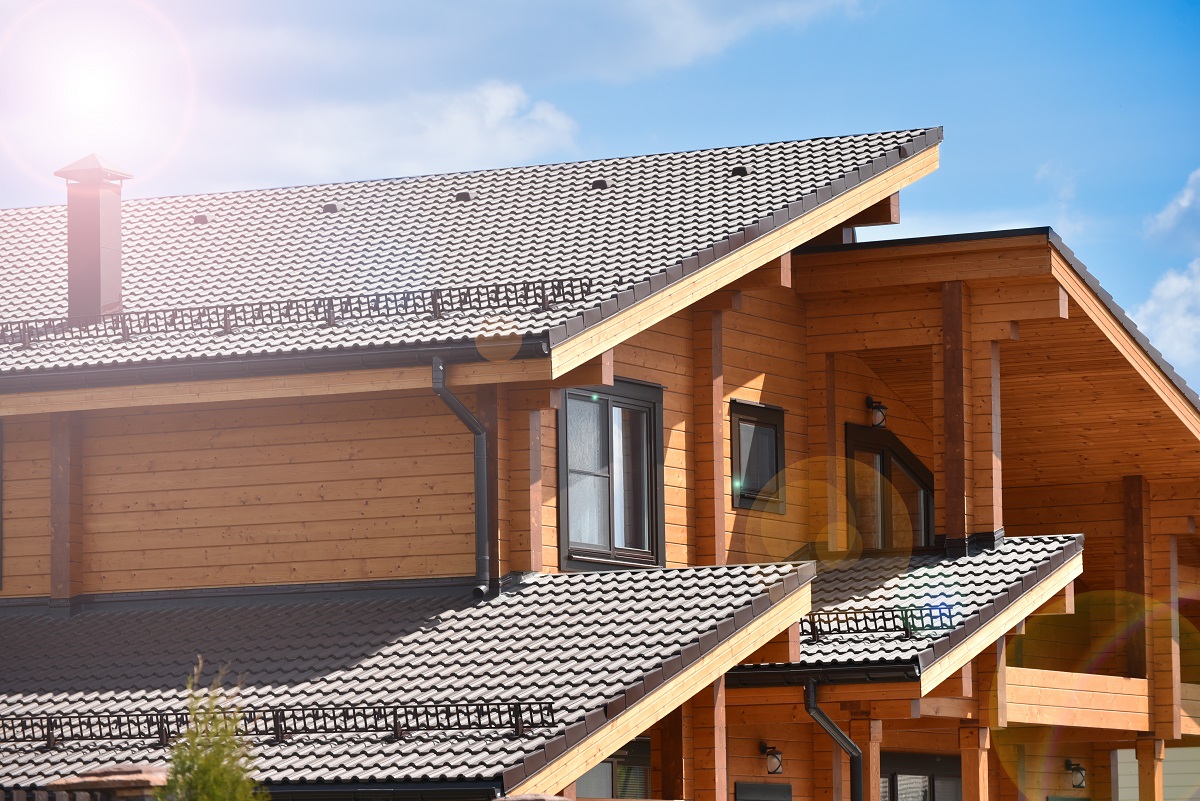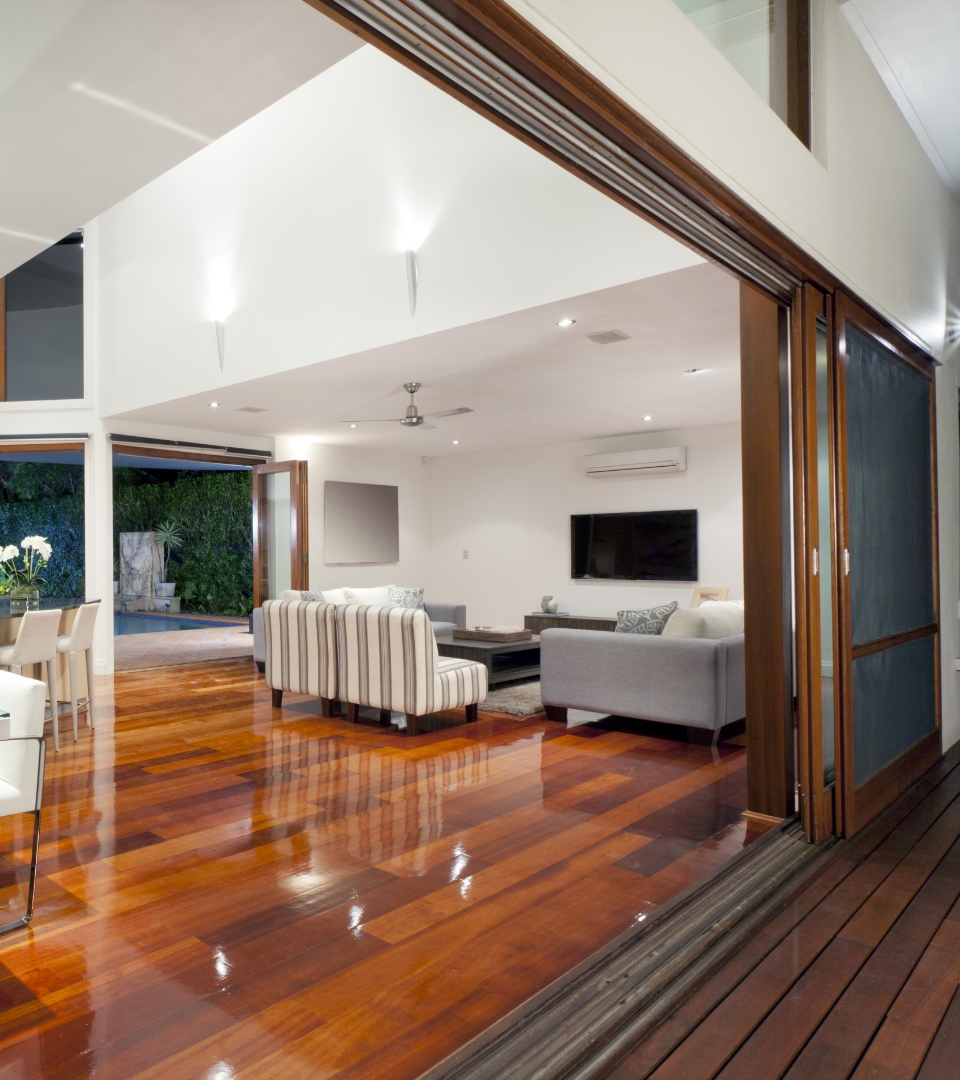Bi-folding sliding doors seamlessly bring outdoor and indoor space together. In addition to increasing living space, bi-folding doors can increase natural light and ventilation, while aesthetically improving and increasing the value of your home, plus your lifestyle.

When it comes to planning which bi-folding doors are right for you, it’s important to do your research as they’re available in many different styles, finishes and materials. Important considerations when selecting your bi-folding doors include:
1. Selecting your bi-folding sliding door type
With top-hung style, the overhead operations are easier to conceal and it’s less likely to jam due to grit in the operating mechanism. However, this does require a strong lintel/beam to take the weight of the doors. While with bottom rolling design there’s less weight on the frames, but the sliding motion can be affected if grit gets into the tracks/rollers.
2. Types of framing materials
The types of framing materials include:
- Aluminium is easy to maintain, it has a powder-coated finish with multiple colour options and no painting is required. It can be wider than timber (meaning fewer doors are required) and it’s lightweight
- Timber is a classic option for a traditional/period home. However, some lower-end timber models may be prone to warping when exposed to heat and moisture, meaning it could get stuck in the tracking or not close. Timber also requires regular painting/varnishing to maintain its appearance
- Composite doors consist of aluminium frames with timber internal facings, offering the best of both materials
- UPVC is less expensive, low maintenance and has good thermal performance, while the frame finish can include multiple colour options. However, size ranges are limited
3. Glass types
Triple or double glazed is a must, as the right glass choice/configuration can improve thermal efficiency and also reduce unwanted noise. These also offer safety and security, as both toughened and laminated glass can offer you reassurance and protection.
4. Other tips
Plan a master door that will be used most often and think about thresholds. A low threshold provides a seamless look into the outside space with little or no step, whereas a rebated threshold offers increased weather-resistant performance.
5. Installation
Use a GGF member company and get peace of mind that you are getting a quality product and professional installation from a company supported by the main trade authority in the sector.
If you’re planning on installing bi-folding sliding doors, here are some more helpful tips.

 Emergency Glaziers
Emergency Glaziers GGF Shop
GGF Shop MyGlazing.com
MyGlazing.com Find a GGF Member
Find a GGF Member








